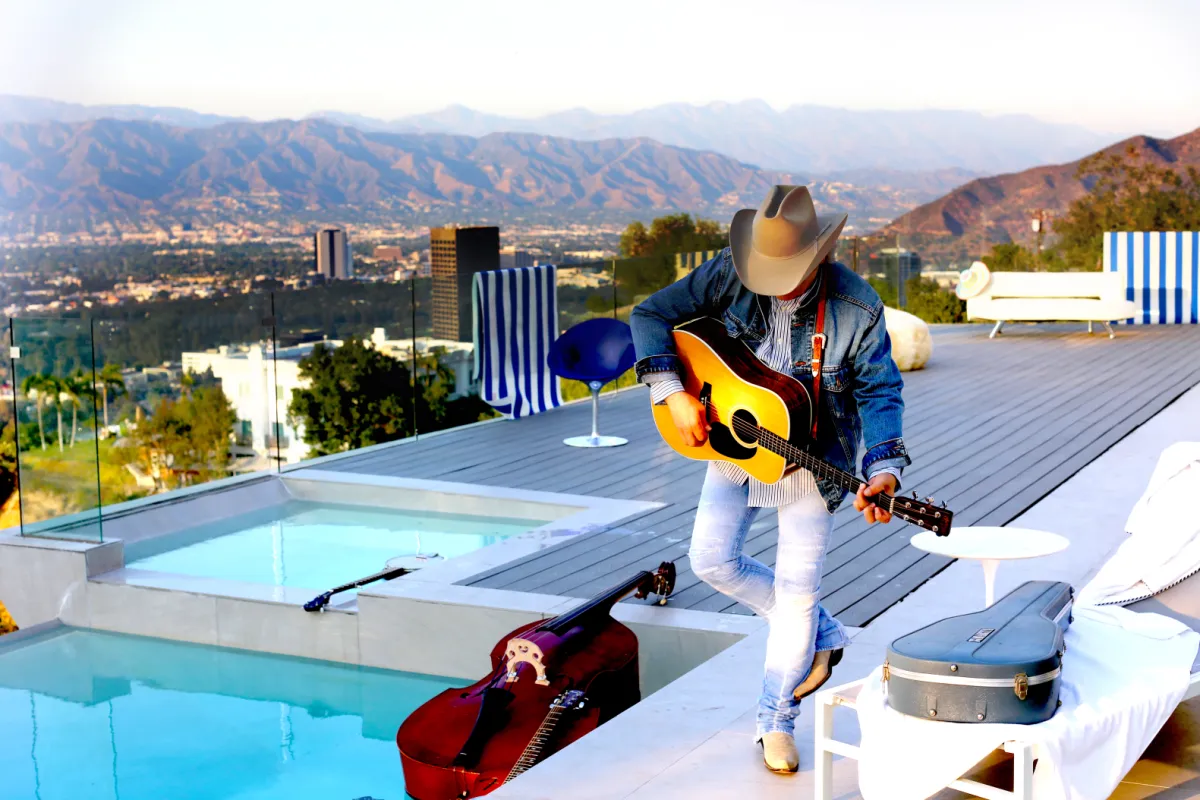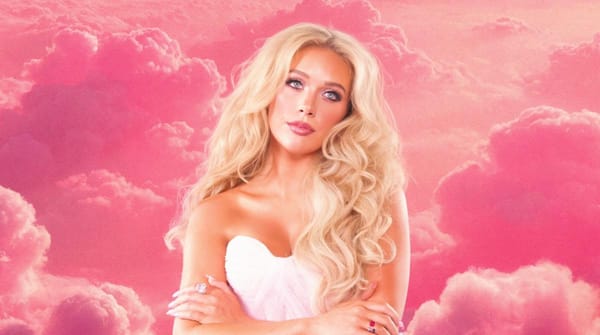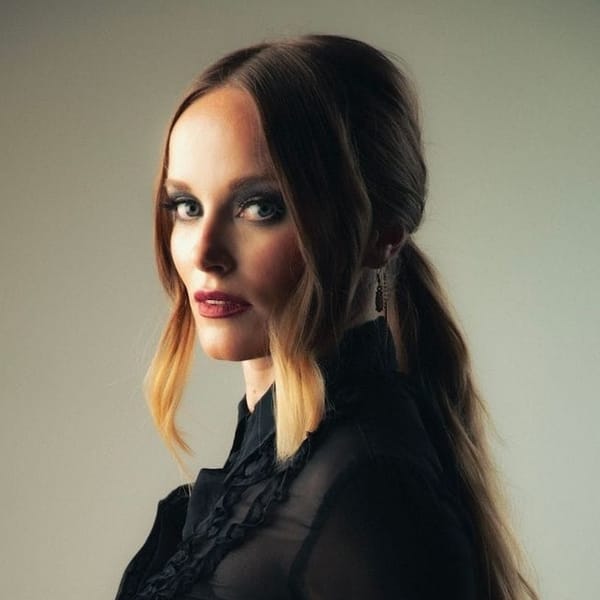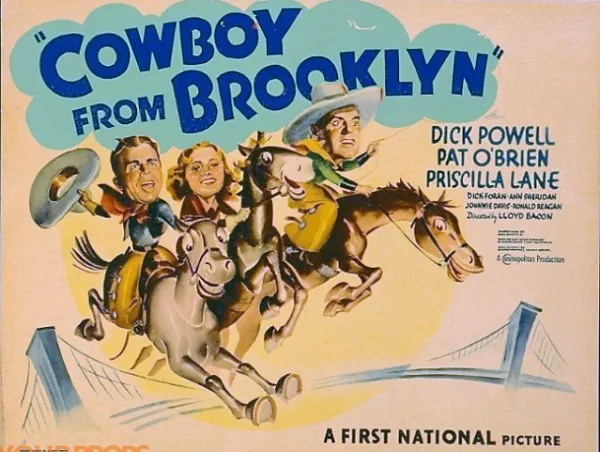Issue #102: Dwight Yoakam's 'Purple Rain' and the Art of the Country Cover
Going deep on a song I love.

The second biggest song in the country last year was a country riff on a non-country song — Shaboozey transformed J-Kwon's monolithic "Tipsy" (a song that my 13-year-old self and everyone else loved dearly) into an acoustic, Mumford-inflected but totally danceable jam that surpassed even the soaring heights of the original. (If you haven't watched the BET awards performance featuring both of them, treat yourself.) But that trade between country and pop goes back to the earliest days of the genre — a song is a song is a song, after all, whether you perform it with twang and fiddle or a big band or synths and drum machines.
To execute those kinds of cross-genre covers gracefully, of course, is another question altogether (plenty of examples wind up in the "Bad" section of our weekly picks). Most don't wind up in the territory of a Johnny Cash "Hurt" or Chicks "Landslide"; even via a legend like Dolly Parton, they can come out redundant instead of enlightening if her Rockstar release is any indication (her "Don't Think Twice," on the other hand, is superlative to my ear; but that's a folk song already).
One of my very favorite examples of this is Dwight Yoakam's "Purple Rain," which has been a fixture of my listening since it came out nine years ago (I just realized recently that it was co-produced by Duncanville's own Jon Randall, which means I even got to play it on my radio show :) ). To the uninitiated, it probably sounds…concerning. Yes, Dwight Yoakam is more hip than your average aging country star — see, for one reference, his appearance on the Whoopi Goldberg Show in which he discusses race and country music (around the 12-minute mark, he starts off equivocating but comes around quick). "Purple Rain," though, is one of the most iconic songs and performances in recorded music history. Any cover is to be taken with an enormous grain of salt; the only other one I've heard was via Aretha Franklin, the only time I ever got to see her sing, just a week or so after Prince's untimely passing in 2016. Aretha was the sort of artist who got to cover "Purple Rain" (or anything else) no questions asked…and Dwight Yoakam isn't necessarily that tier of heavy hitter.
"I remember the night I heard that for the first time on the radio here in Hollywood," Yoakam told friend of the newsletter Nick Murray for Rolling Stone. "I was driving around in my old beat-up El Camino. It came on and it kind of just stopped me where I was. I was not very far from Capitol Records, the pizza place by there I used to stop at. I stopped the car at the light and just saw that and listened to it. Like, 'Wow. What a concept, what a song.'"
But the record is phenomenal, coming at the end of what he called his first bluegrass album Swimmin' Pools, Movie Stars… (friend of the newsletter Jewly Hight wrote a great review when it came out) on which every other song was a bluegrass take on something Yoakam had previously recorded. "Purple Rain" was not a scheduled part of this dive into the star's Eastern Kentucky roots, but the news of Prince's death broke just before Yoakam headed into the studio for the third of four days of recording alongside veteran bluegrass pickers like Bryan Sutton and Stuart Duncan.
"I was stunned. I didn't really know Prince other than in passing, hallway, kind of a nod, a handshake, you know, over the years. And when we got [in the studio], I looked and said, why don't we sing 'Purple Rain'?", he told NPR. "I dismissed it as an emotional release, and I didn't listen to it for three weeks. I was not planning on doing anything with the song. It was the day he died, so we were all kind of just - we were just all disheartened, you know."
Pressed by members of his touring band to play it for them, he ultimately decided to include it on the album. "In the midst of the other tracks, this happened. And it stopped us," he added. "And I'll tell you what, when I listened back that night in the studio with my band, I realized how much of their hearts those players had given to that moment."
"It never occurred to me to sing it that way, he so owned it," he told Rolling Stone. "I hope we did justice to it. The melody can haunt you. There’s such a purity and innocence to it."
There are bluegrass covers of every song imaginable, and yet it's still stunning how organically Yoakam and his band make "Purple Rain" sound like it was a product of some holler all along. Reverent but still deeply personal, the performance is impeccable and vulnerable at once with Yoakam putting the original's pathos through a twangy filter. There is no sense that they were trying to prove anything with the recording, which tracks with how it came about; it feels honest and earnest, above all.
As it turns out, Yoakam might have been tapping into something that was already there. Two members of the Revolution from the Purple Rain era, Lisa Coleman and Bobby Z, both said that the original idea for "Purple Rain" was…too country for Prince, if you can believe it. "When it starts, it’s really a country song," said Bobby Z; "At first [Prince] wasn’t sure 'Purple Rain' was actually a Prince song," said Coleman. "It was kind of a country number." You can listen to (allegedly) the original demo on YouTube; it doesn't sound particularly country to me, but who am I to argue with the Revolution? In any event, he sent the composition to Stevie Nicks to see if she wanted to write lyrics for it (because she was more…country? Sure!). She turned him down: "It was so overwhelming, that 10-minute track, that I listened to it and I just got scared," Nicks told the Minneapolis Star-Tribune. "I called him back and said, 'I can't do it. I wish I could. It's too much for me.'" Fair enough.
So somehow a spontaneous tribute by Dwight Yoakam winds up being a sort of full-circle moment for one of the most important songs of the 20th century. Wonderful synchronicity at work, showing just how special the (all-too-rare) great cover can be.





